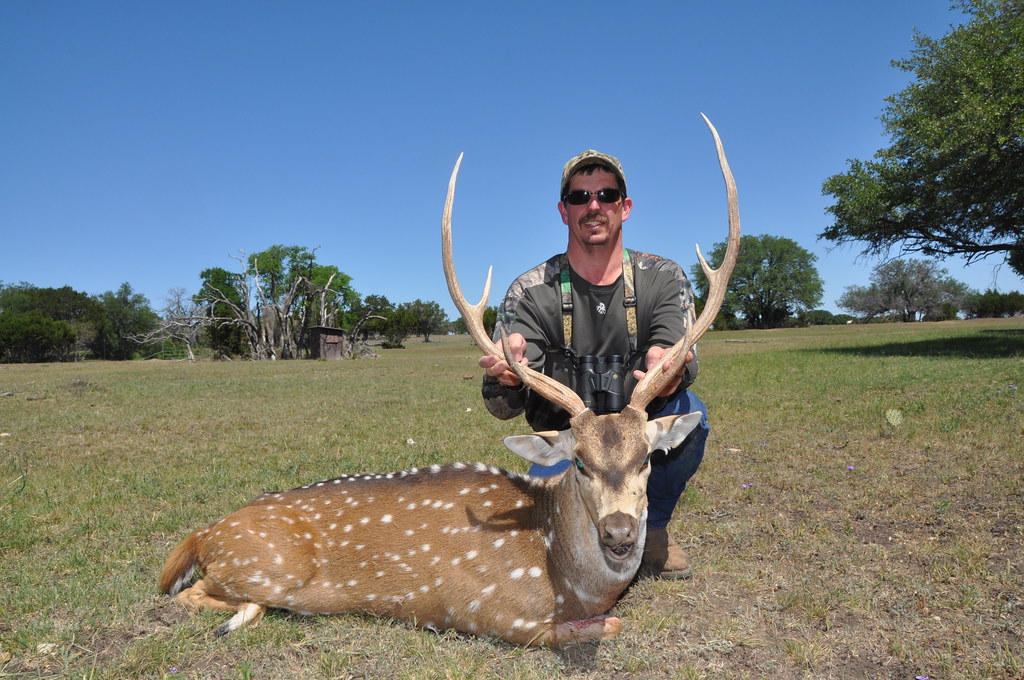Exotic Animals In Texas Hunting

Ranch demonstrated that the breeding and hunting of exotic hoofed animals in texas could be profitable, the industry has been expanding quickly.
Exotic animals in texas hunting. With well over 100 species from almost every continent in the world, texas has something to offer any hunter. The guides at ox ranch have decades of experience and guarantee a 100% opportunity. Hunting is a part of texas' exotic industry, which rakes in $2 billion annually, according to the exotic wildlife association.
Shonto ranch offers guided hunting trips for a range of exotics, including axis deer , blackbuck antelope , fallow deer , red stag, scimitar horned oryx , red sheep, mouflon, texas dall sheep , blue wildebeest any many others. Here at austin trophy ranch , it is our mission to ensure our trophy hunters have the best experience possible when hunting their next trophy whitetail. Since the 1950s, when y.o.
An exotic animal is any animal that is not indigenous to texas, including but not limited to aoudad sheep, axis deer, elk, sika deer, fallow deer, red deer, and blackbuck and nilgai antelope. We have created the ultimate texas hunting experience within a couple of hours of dallas and fort worth, in graham, texas. The axis deer with, 39,040 animals reported, was the most numerous species found during the 1988 survey.
Teh has been in the hunting business for 19 years and has put together some of the best exotic hunting available in texas. African game hunting in texas cotton mesa ranch is home to some of the largest herds of african wildlife outside of africa. We have more than 60 species free ranging on over 18,000 acres of texas hill country!
Exotic animals available to hunt: The 1,000 acre ranch is home to 13 exotic species, some of them endangered. From aoudad sheep to grants zebra.
2 of 12 giraffes observe visitors to cedar hollow ranch, near leakey, texas. As the exotic hunting community has increasingly valued the oryx and other exotic animals for meat and hunting, they have been bred increasingly in texas. These hunts got their start in the 1950s when large texas ranches purchased excess animals from the local zoos.


















